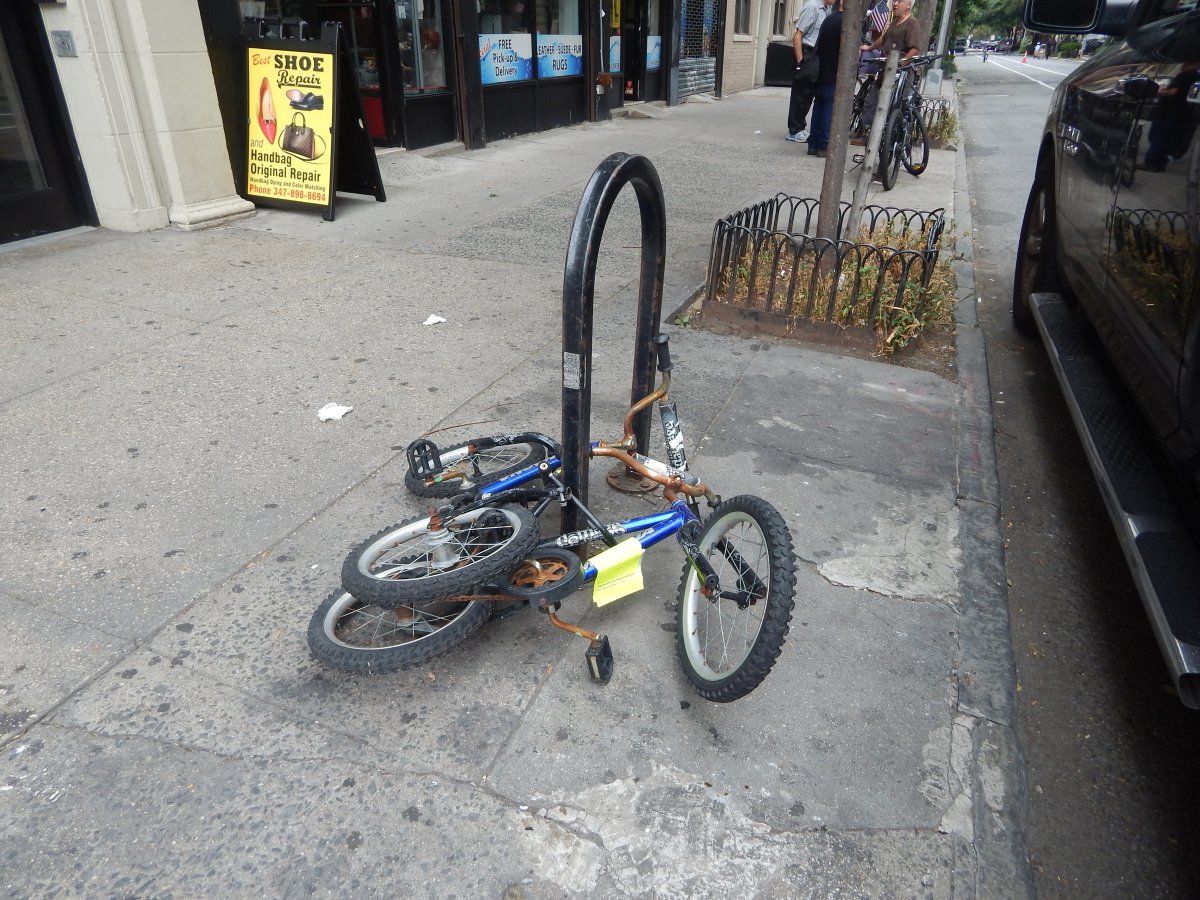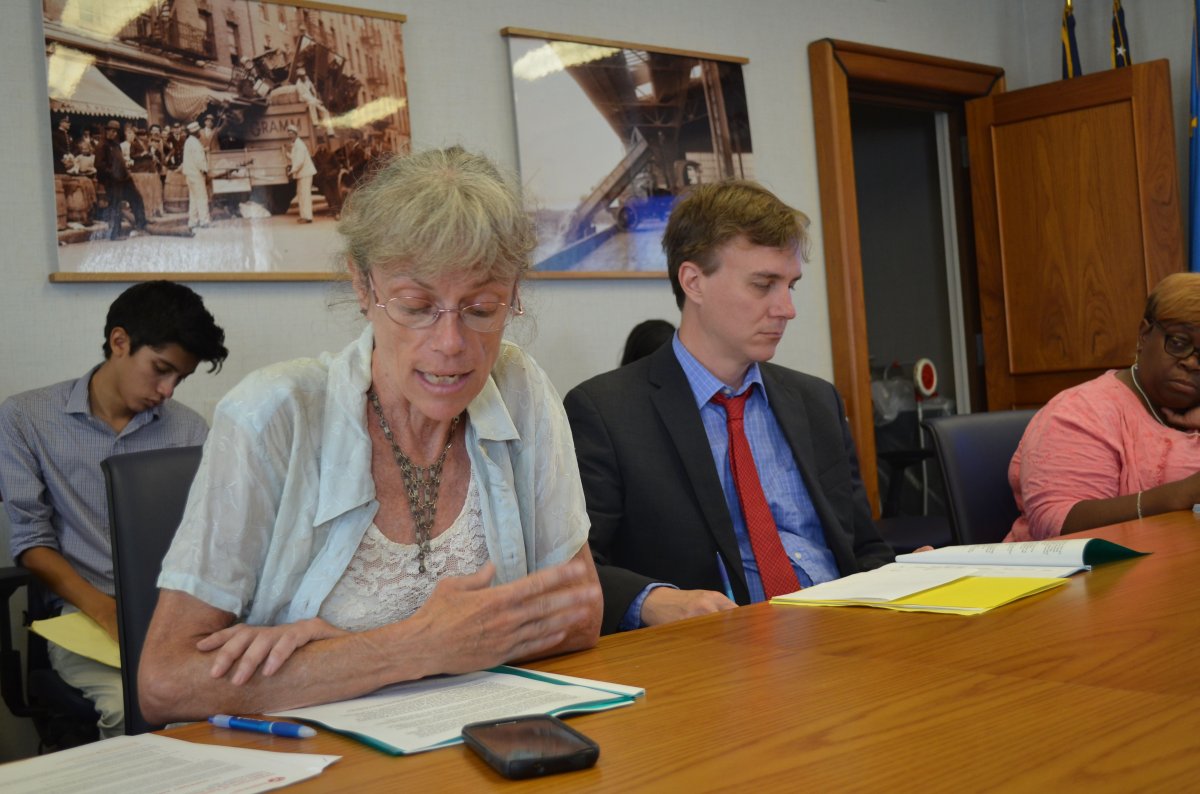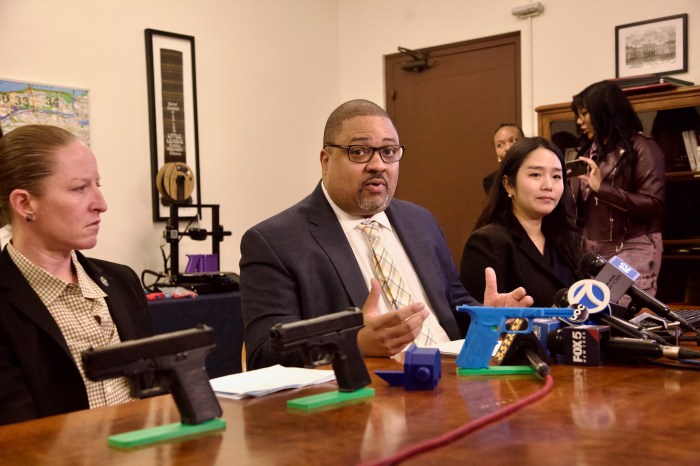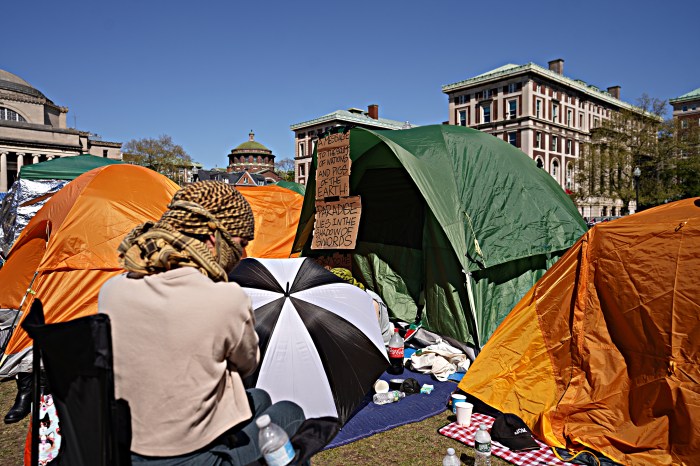BY ALEX ELLEFSON | Aproposal to reform the city’s system for removing abandoned bicycles could clear away some of the junked rides cluttering local sidewalks.
The Department of Sanitation, which is responsible for addressing sidewalk obstructions, held a hearing Tuesday to solicit feedback on reforms to relax criteria used to identify and remove what are called “derelict bikes.”

Speakers at the hearing, who unanimously testified in favor of changing the criteria, said the agency’s current system allows many discarded bikes to rot and rust on sidewalks for months or even years.
“This change is very necessary and long overdue,” said Julia Kite, policy and research manager for Transportation Alternatives. “These abandoned, unusable bikes create a nuisance and occupy space that could be used by responsible cyclists.”
The East and West Village are among the Manhattan neighborhoods with the lion’s share of derelict bicycles, a D.S.N.Y. official said at a City Council hearing last year.
Karen Overton, executive director of Recycle-A-Bicycle, which sells salvaged bikes out of its storefront at 75 Avenue C, at E. Fifth St., said the city’s approach to this challenge “has historically lacked the element of common sense.”
D.S.N.Y. is considering amending the five standards used to determine if a bike is derelict. The changes would require a bike frame only to meet two of the criteria, instead of three. It would also eliminate flat or missing tires as a measurement, and reduce the minimum amount of rust from 75 percent to 50 percent. Other criteria include if the bike is crushed or not usable; and if the handlebars, pedals, fork or frame are bent or damaged.
However, Overton urged D.S.N.Y. to further lower the threshold, so that even a single criteria, such as missing wheels, would allow a bike to be classified as derelict.
“Unfortunately, the proposed rule changes do not take us as far as needed to fully address this challenge,” she said.
The current regulations regarding derelict bikes were introduced in 2010 to make the standards clearer and easier to enforce. However, D.S.N.Y.’s strict criteria hobbled the agency’s ability to remove, in an efficient way, abandoned bikes at a time when ridership is soaring.
A report by WNYC in 2012 found that the city received 429 complaints about derelict bikes over a one-year period. Of those, only 60 bikes were removed.
Some of the speakers at this week’s hearing also said the city was missing out on a golden opportunity to give new life to the discarded rides. They urged D.S.N.Y. to implement programs that would repurpose abandoned bikes for future use.
Pio Tsai, a student involved in the New York University bike-share program, which reuses abandoned rides found on campus, testified at the hearing about the program’s success.
“It’s much more than a bike-share. It’s also a waste-management solution,” he said. “I think it’s a good idea to keep these bikes in use and not just have them crushed.”
However, it’s an open question whether D.S.N.Y. has the resources to implement such a program. The agency pushed back against legislation introduced last year that would allow bikes left on the street for longer than 36 hours to be impounded because officials said they lacked the manpower to administer the policy.

In a statement, a D.S.N.Y. spokesperson said the agency will “carefully consider all comments and written statements it has received on its proposed changes to the current criteria for derelict bicycles, so that safe and clean streets and sidewalks can be maintained throughout the city.”
The spokesperson said D.S.N.Y. is reviewing and evaluating the comments made at the hearing and has yet to set a date for when the rule changes might take effect.

















